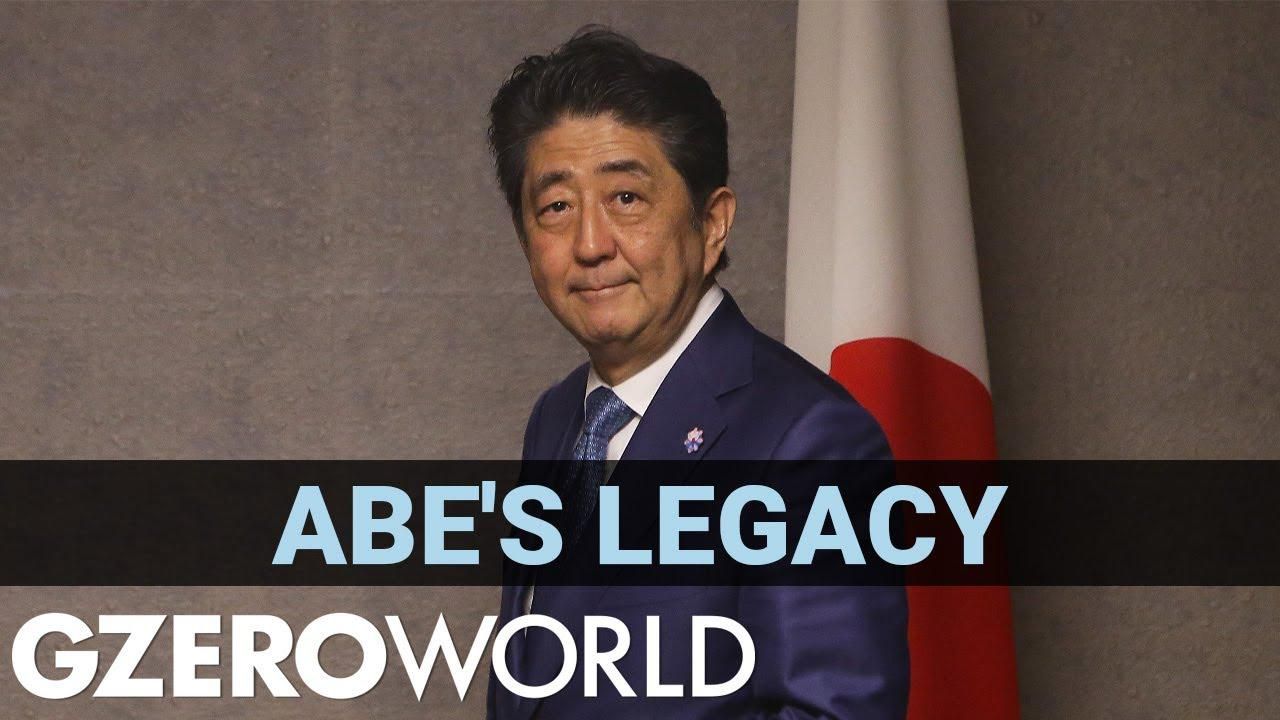
The late Shinzo Abe, Japan's former PM, often doesn't get enough credit for bolstering the morale of young Japanese, explains Tomohiko Taniguchi, Abe's former adviser and close friend, who spoke with Ian Bremmer on GZERO World.
On foreign policy, he is considered the architect of the Quad dialogue with the US, India, and Australia, though he failed to realize his dream of reforming Japan's constitution.
Taniguchi says Abe also tried his best to make peace with Russia, just falling short of signing a treaty to resolve the dispute over the Kuril Islands (which the Japanese refer to as the Northern Territories).
"Japan, unlike any other advanced nations, is encircled by [the] three undemocratic, militarist, authoritarian, nuclear regimes of Russia, North Korea, and China," he adds. "Shinzo Abe wanted to decrease the tension at least from Russia — to little avail."
Watch the GZERO World episode: Assassinated! Japan’s grief & how Shinzo Abe’s goals will shape Asia
- Japan's assertive foreign and economic policy reflect Abe's legacy ... ›
- Will Shinzo Abe's dream come true now? - GZERO Media ›
- Japan's “JFK” moment: Shinzo Abe assassinated - GZERO Media ›
- Japan's Shinzo Abe assassinated - GZERO Media ›
- Japan’s history of political assassinations - GZERO Media ›
- How Shinzo Abe's positive legacy could shape Japan's future - GZERO Media ›
- Grief & controversy in Japan for Shinzo Abe's state funeral - GZERO Media ›
- Grief & controversy in Japan for Shinzo Abe's state funeral - GZERO Media ›
- Podcast: As Japan reels: examining Shinzo Abe’s legacy & Japan’s future with his friend and adviser - GZERO Media ›
- Assassinated! Japan’s grief & how Shinzo Abe’s goals will shape Asia - GZERO Media ›